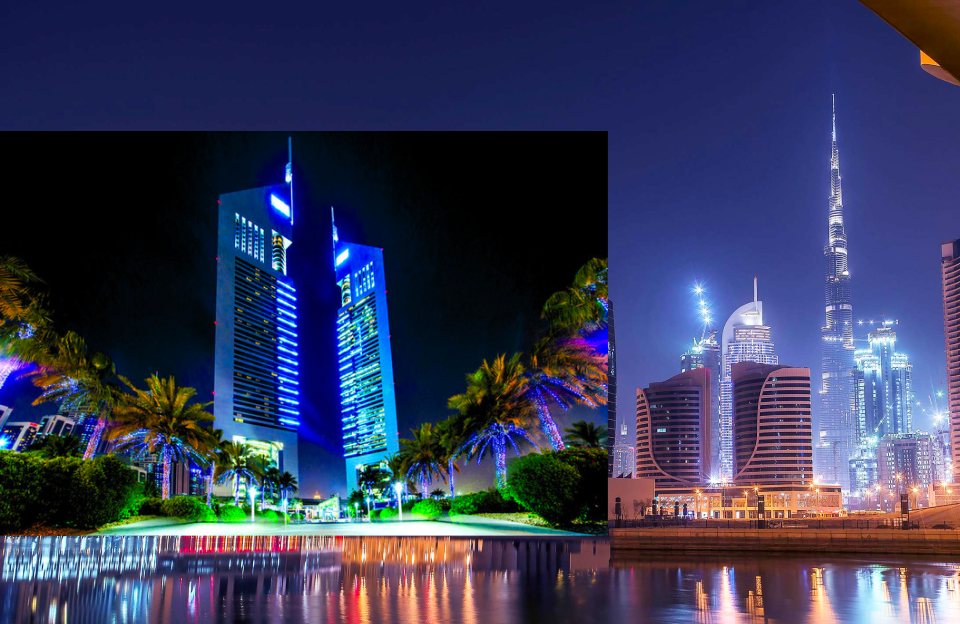Tamir Pardo, the former head of Israel’s Mossad intelligence agency, adds his support to a relatively niche concept within Israeli discourse, becoming one of the few retired officials to do so.
HERZLIYA, Israel: In a recent interview with The Associated
Press, Tamir Pardo, a former head of Israel’s Mossad intelligence agency, made
a significant declaration, asserting that Israel is enforcing an apartheid
system in the West Bank. Pardo’s statement adds to a small but growing number
of retired officials who have voiced similar concerns, though this perspective
remains on the periphery of both Israeli domestic discourse and international
diplomacy.
Pardo’s remarks place him among the few former high-ranking
officials who have concluded that Israel’s treatment of Palestinians in the
West Bank is tantamount to apartheid, drawing parallels with the racial
segregation system that prevailed in South Africa until 1994.
Prominent human rights organizations in Israel, as well as those abroad, along with Palestinians themselves, have long accused Israel, during its 56-year occupation of the West Bank, of evolving into an apartheid regime. They argue that this system relegates Palestinians to second-class status and is designed to uphold Jewish dominance from the Jordan River to the Mediterranean Sea.
While several former Israeli leaders, diplomats, and security experts have previously warned of the risk of Israel becoming an apartheid state, Pardo’s language was particularly stark. He unequivocally stated, “There is an apartheid state here. In a territory where two people are judged under two legal systems, that is an apartheid state.”
Pardo’s background as the head of Israel’s clandestine intelligence agency lends special weight to his comments in security-conscious Israel. He refrained from divulging whether he held these beliefs during his tenure at Mossad, but he did emphasize that he considered the Palestinian issue more pressing than Iran’s nuclear program, which Prime Minister Benjamin Netanyahu has viewed as an existential threat.
In the past year, Pardo has emerged as a vocal critic of Netanyahu and his government’s efforts to reshape the judicial system. He criticized his former boss for actions he believed could lead Israel toward dictatorship. Pardo’s candid assessment of Israel’s military occupation stands out in contrast to the grassroots protest movement against the judicial overhaul, which has generally avoided discussions about the occupation to avoid alienating nationalist supporters.
Pardo’s remarks come at a time when Israel’s far-right government, consisting of ultranationalist parties supportive of annexing the West Bank, is actively working to solidify Israel’s control over the territory. Some ministers have even pledged to double the number of settlers in the West Bank, which currently stands at half a million.
Apartheid South Africa maintained a system of white supremacy and racial segregation from 1948 until 1994. Rights groups drawing parallels between Israel and apartheid South Africa rely on international conventions like the Rome Statute of the International Criminal Court, which defines apartheid as “an institutionalized regime of systematic oppression and domination by one racial group over any other racial group.”
Pardo pointed out that Israeli citizens can travel freely throughout Israel, except for the blockaded Gaza Strip, while Palestinians face restrictions on their movement. He argued that his perspective on the West Bank’s system is not extreme but a fact.
Israelis are prohibited from entering Palestinian areas in the West Bank, but they can travel across Israel and the 60 percent of the West Bank under Israeli control. Palestinians, on the other hand, require permission to enter Israel and often must navigate military checkpoints to move within the West Bank.
Human rights organizations highlight discriminatory policies within Israel, in annexed East Jerusalem, the Gaza Strip’s blockade (controlled by the Hamas militant group since 2007), and Israel’s occupation of the West Bank. Israel exercises overall control in the West Bank, maintains a dual legal system, and continues to expand Jewish settlements, widely considered illegal by the international community.
Israel vehemently denies accusations of apartheid and asserts that its Arab citizens enjoy equal rights. During the peak of the 1990s peace process, Israel granted limited autonomy to the internationally recognized Palestinian Authority in the West Bank and withdrew its troops and settlers from Gaza in 2005. Israel argues that the West Bank is disputed territory, and its fate should be determined through negotiations.
Pardo cautioned that if Israel does not establish clear borders with the Palestinians, the existence of a Jewish state in Israel, along with the territories captured in 1967 (the West Bank, Gaza Strip, and East Jerusalem), could be in jeopardy. Demographic projections suggest that Arabs may eventually outnumber Jews in these areas. In such a scenario, Israel could face the difficult choice of either formalizing Jewish minority rule over disenfranchised Palestinians or granting them the right to vote, which could potentially compromise the Zionist vision of a Jewish homeland in historic Palestine. Pardo emphasized, “Israel needs to decide what it wants. A country that has no border has no boundaries.”


